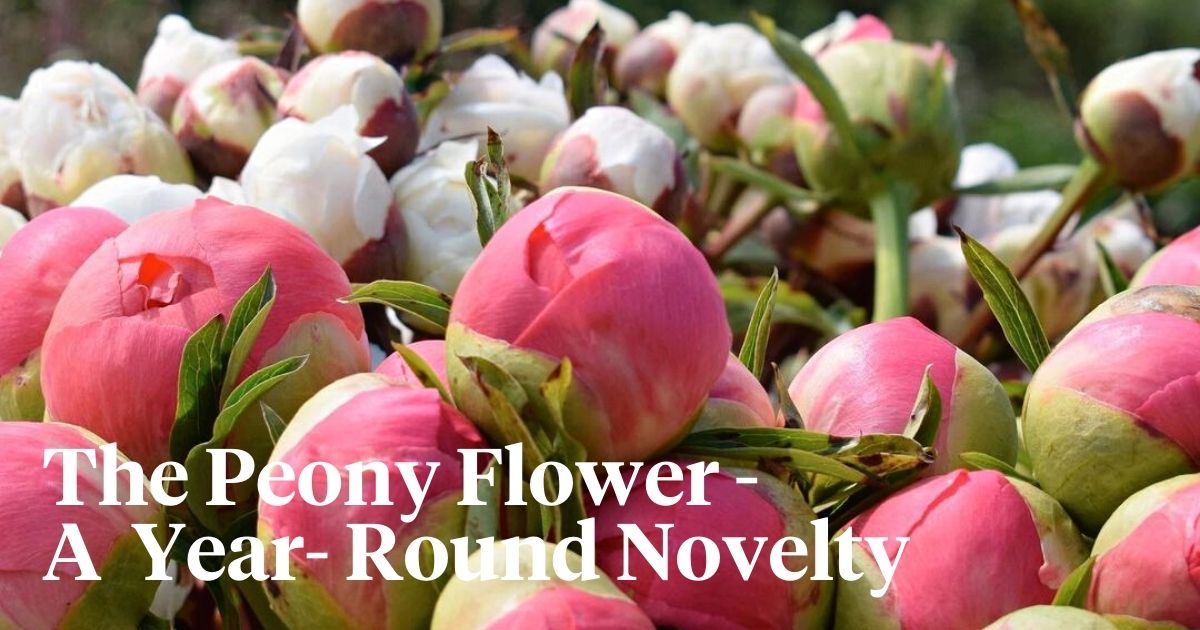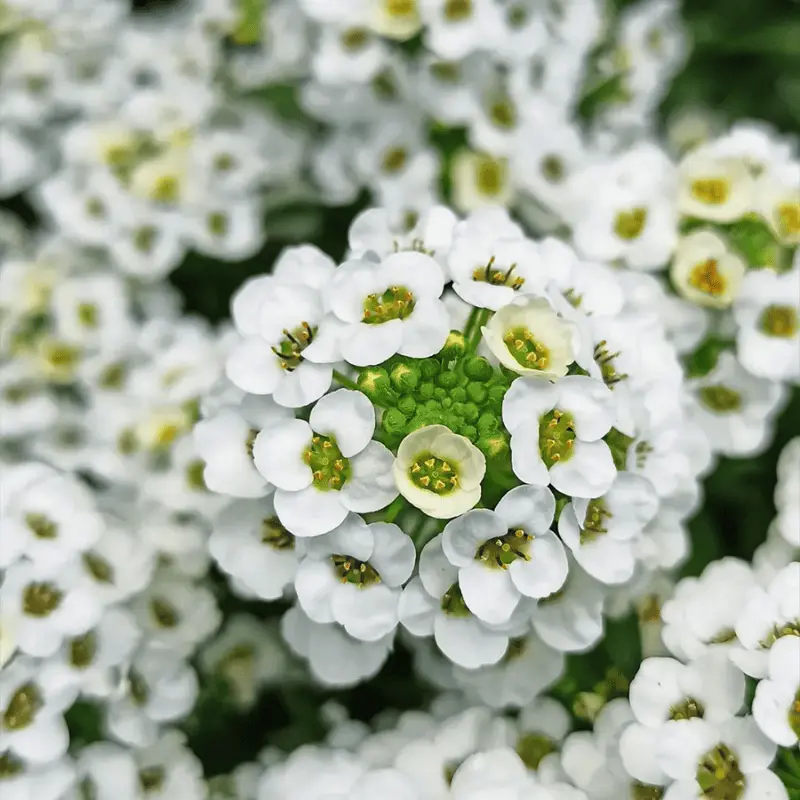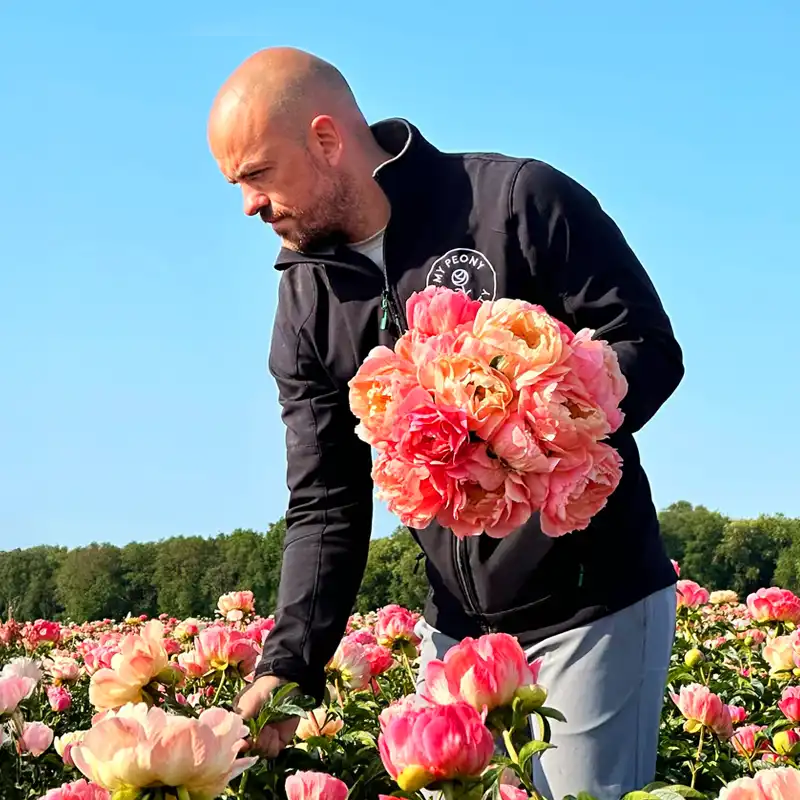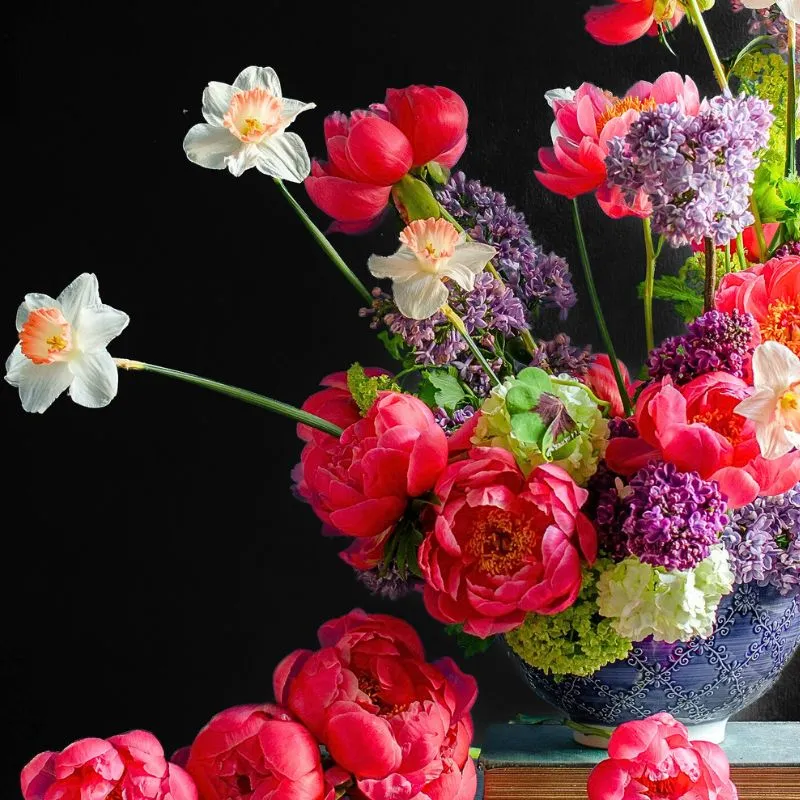In the world of fresh-cut flowers, few blooms have transformed as remarkable as the peony. Once considered a fleeting beauty with a short-lived presence in the market, peonies have now emerged as a year-round novelty, captivating flower enthusiasts worldwide. Explore the insightful information shared by industry expert Shlomo Danieli and join the unraveling story behind the rise of these exquisite flowers in the industry while discovering the secrets to their enduring allure.
Fresh-Cut Peonies - From a Commodity Flower to a Year-Round Novelty
Originating in China, peonies, with their natural habitat in the northern part of the Israeli country, specifically the upper Galilee Mountain region, have emerged as a fascinating phenomenon in the American fresh-cut flower market, without a doubt making them one of the most popular and sold flowers around the globe. Once considered a short-lived commodity item, primarily grown outdoors and available only during the spring season, peonies have undergone a remarkable transformation everyone should know about.
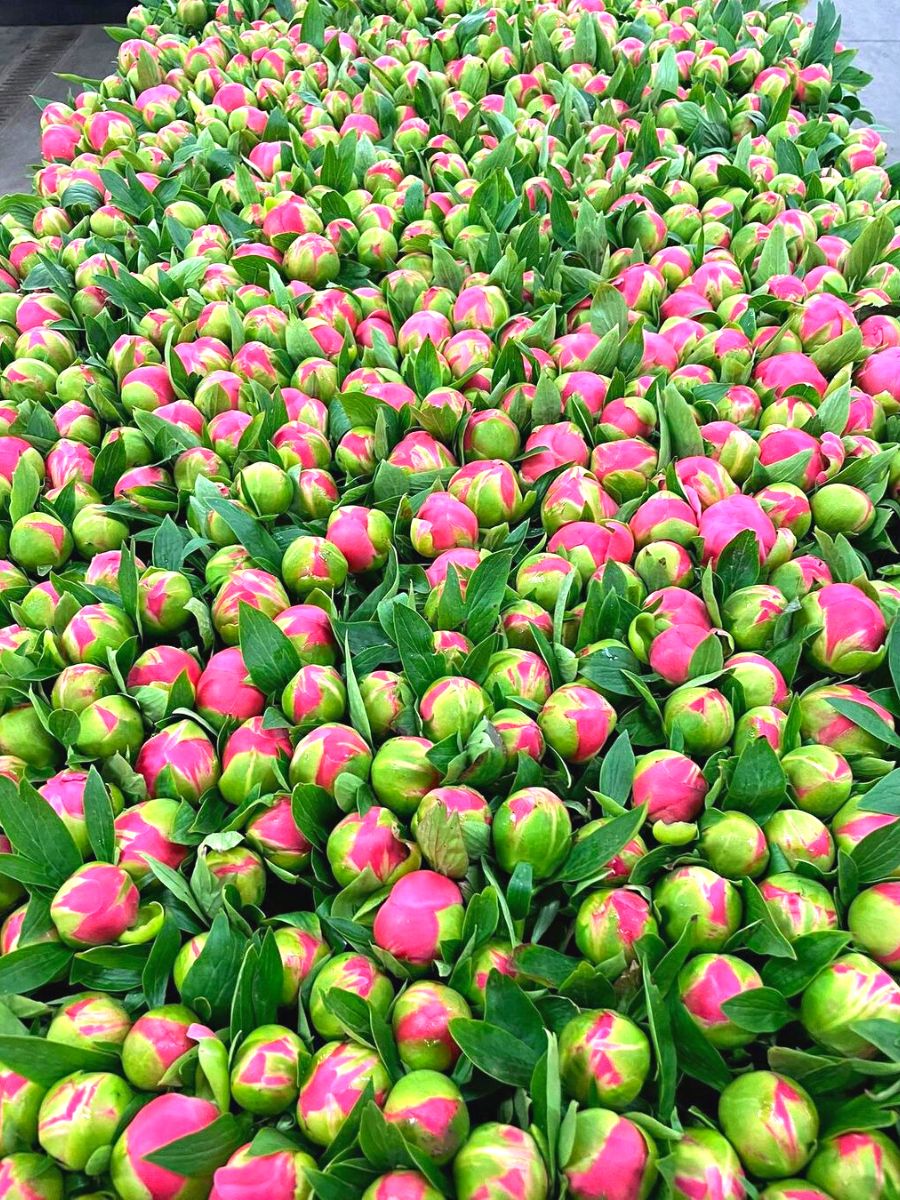
Today, they are available almost year-round, boasting a color spectrum comparable to that of roses exceptf blue varieties) and commanding wholesale prices that have more than doubled on average.
Shlomo Danieli, a floral industry expert shares perspicacious and astute information on what the development and revolution of this stupendous flower have been like. Read more about him in the article 'Floral Special With Shlomo Danieli'.
"When analyzing the astonishing statistics comparing the current peony market with that of 30 years ago, the growth and value increase of this beloved flower is truly astounding. This unprecedented shift prompts us to explore how this metamorphosis occurred and what factors contributed to its success."
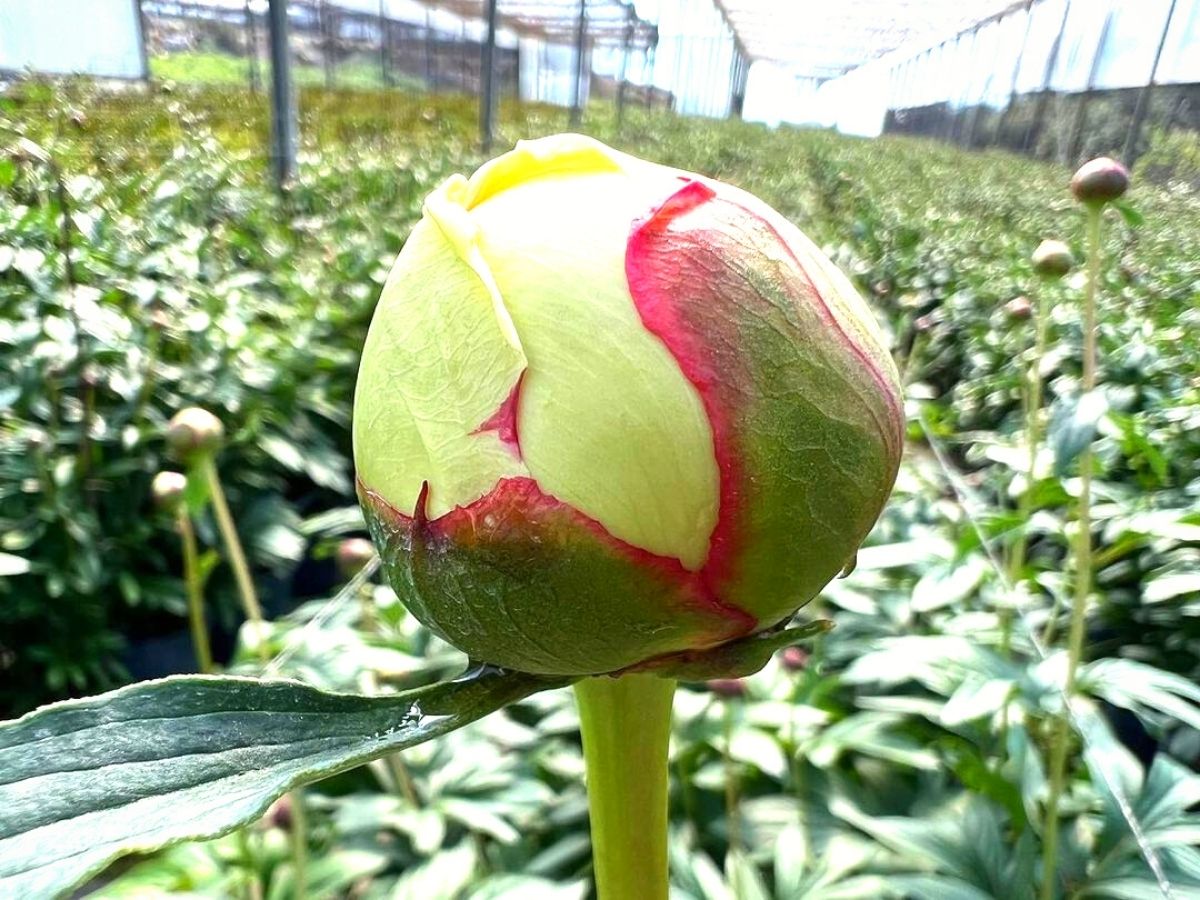
A Thorough Understanding of the Israeli Peony History
According to Shlomo Danieli, approximately 35 years ago, an Israeli horticulturist had a groundbreaking idea that would revolutionize the peony industry. Recognizing that peony bulbs required a vernalization period to induce blooming, the determined horticulturist decided to plant the bulbs in pots and store them in freezers to simulate winter conditions.
Through years of meticulous testing, significant financial investment, and a wealth of horticultural knowledge, this innovative approach yielded exceptional results, characterized by high-quality peonies.
Shlomo loves to contribute to the history of the peony flower by sharing that during the late '90s, fresh-cut peonies cultivated through this method began to make their debut in the market. However, the prices for these unique blooms were approximately triple the cost of traditional peonies, as they needed to account for the expenses associated with research, greenhouse cultivation, and long-range air freight.
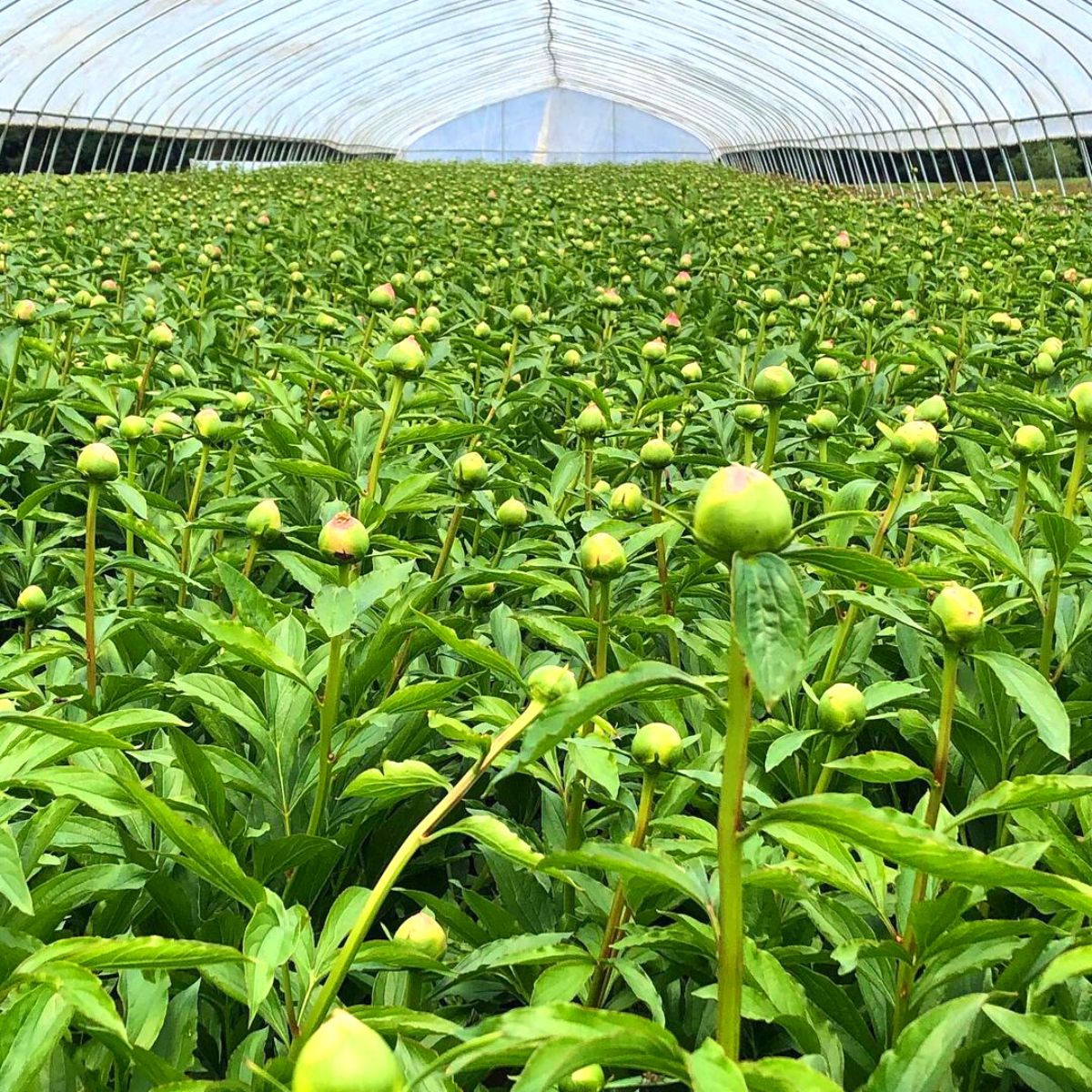
What Happened in the Peony Market from This Point Onwards?
Initially, this bold endeavor faced strong resistance, as customers were hesitant to embrace the concept of a premium-priced item. Nevertheless, according to Danieli, it soon became evident that discerning buyers valued the superior quality and unique marketing proposition that these peonies offered. This phenomenon mirrored similar scenarios in other industries, where products of higher quality and value integrity commanded higher prices, even when alternatives were available at a lower cost.
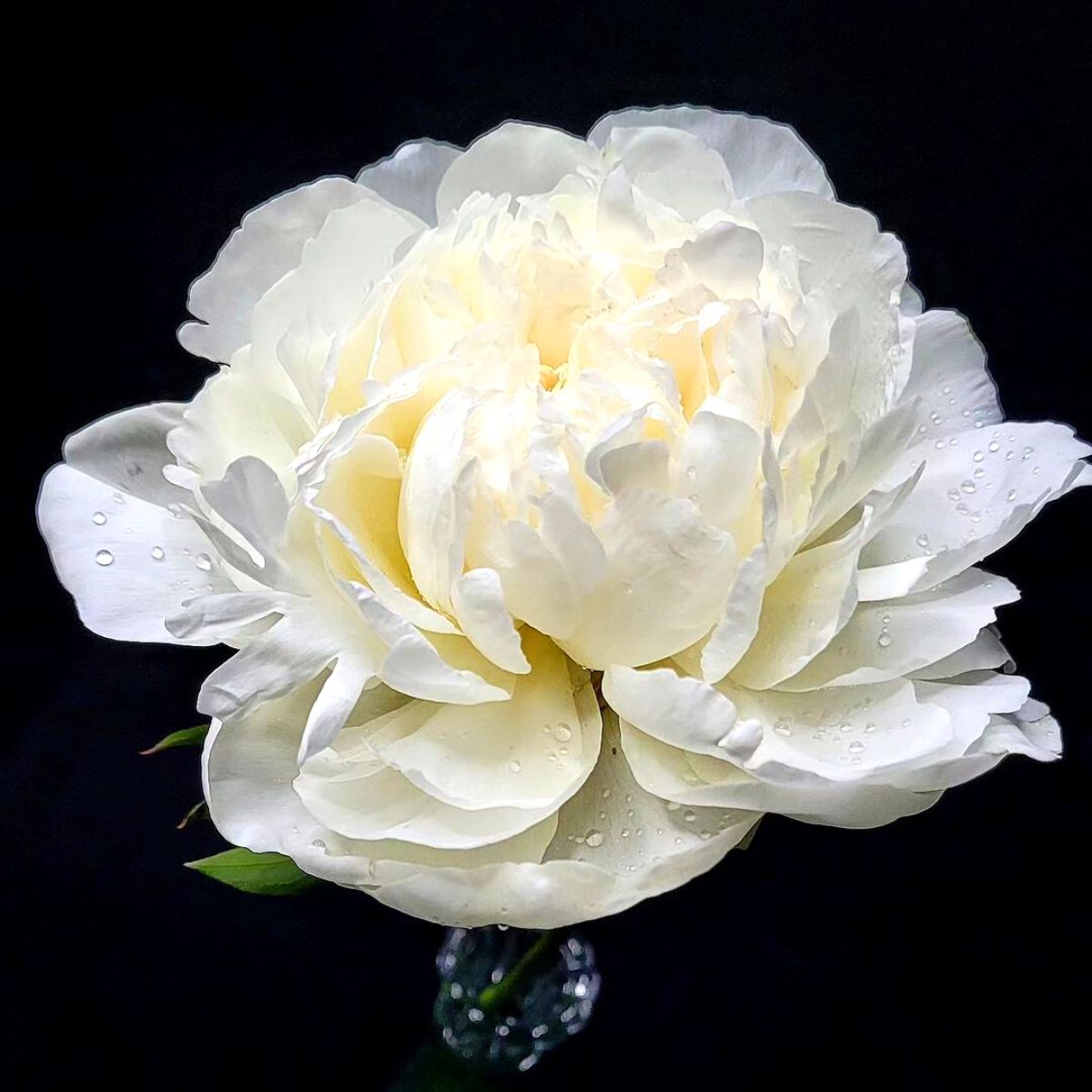
As the steady and consistent marketing policy for Israeli peonies gained traction, other sources began to enter the market, capitalizing on the elevated prestige and increased demand for these exquisite flowers. One noteworthy example is the rise of Alaskan peonies, which can now be found in abundance during July and August. Read the article 'When and Where Are Peonies in Season? Time to Find Out!' to know more about regions where peonies are in bloom during the entire year.

The sole reason for their availability during these months is the market's willingness to pay a higher price that covers the necessary cultivation and shipping costs. In contrast, three and a half decades ago, despite the possibility of growing peonies in Alaska, the lack of consumer willingness to pay the premium price prevented their widespread availability.
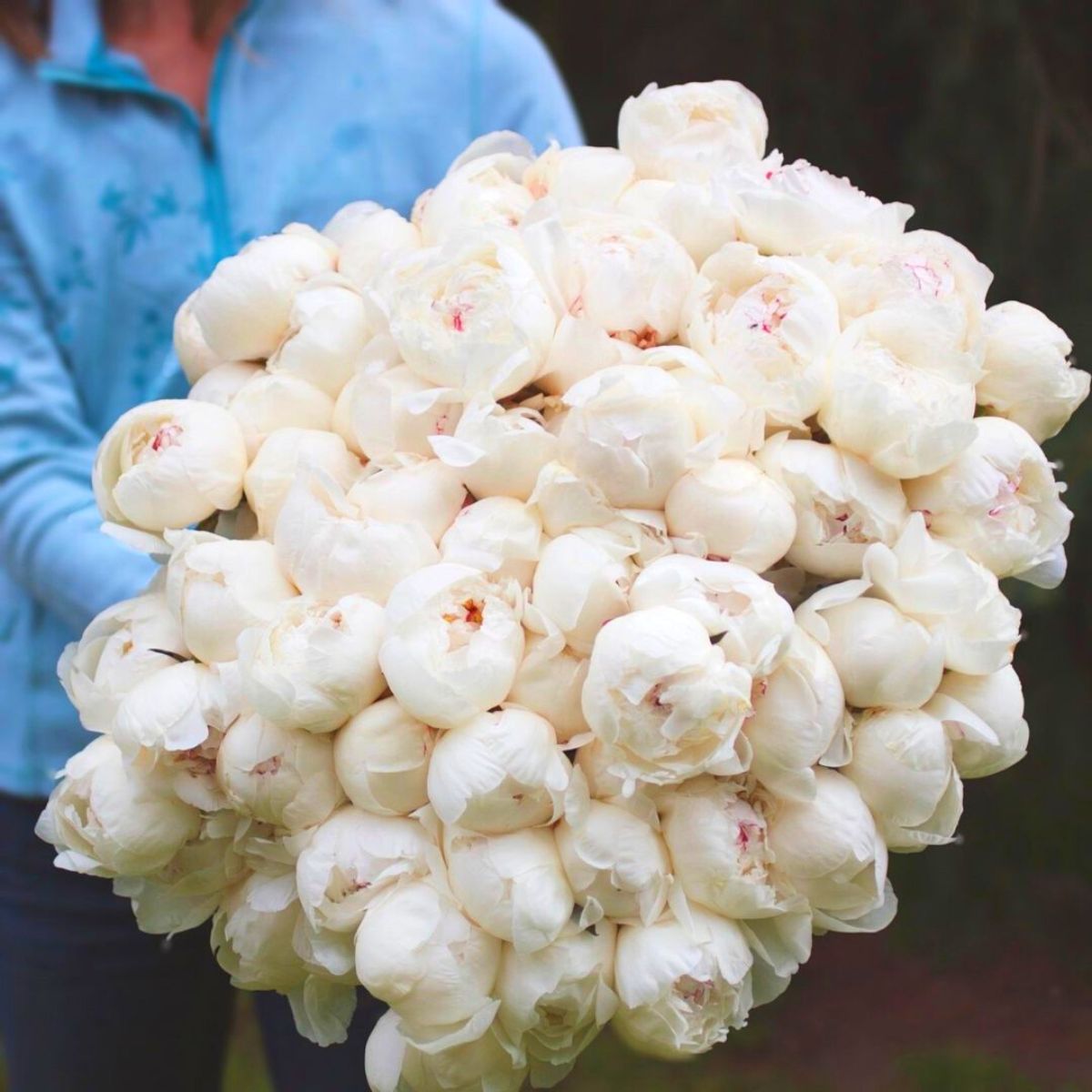
Where Does The Peony Market Stand Today?
Today, the peony market has experienced exponential growth, with significantly higher sales volume and prices. Demand consistently surpasses supply throughout the 11 months when peonies are available, showcasing the insatiable appetite for these captivating blooms.
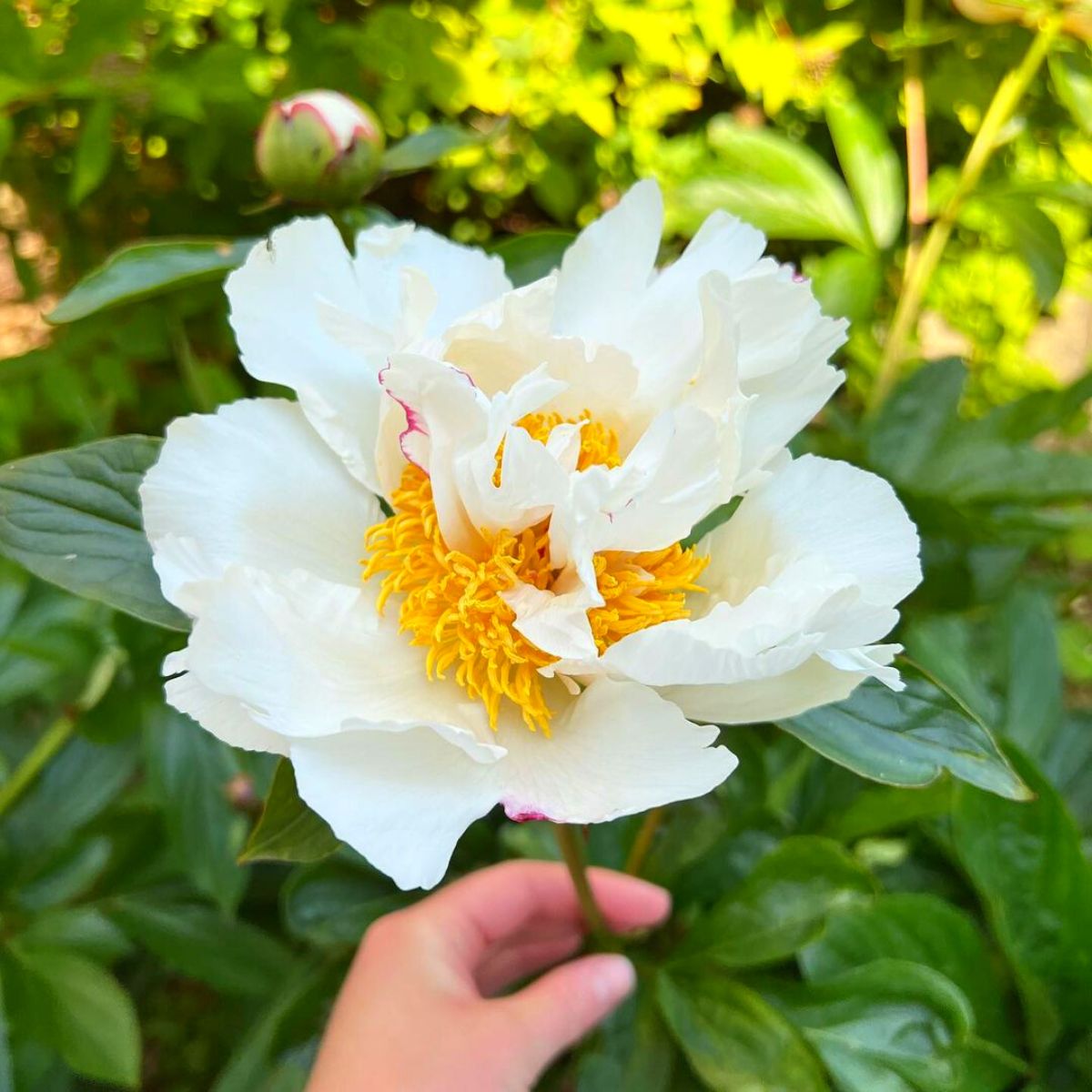
In Danieli’s opinion, this shift in the attitude of consumers to buy more expensive, fresh-cut peonies was the doing of a few brilliant and innovative wholesalers who saw the value in expanding the public’s awareness. So today, the peony market has experienced exponential growth, with significantly higher sales volume and prices. The demand consistently surpasses supply throughout the 11-month period when peonies are available, showcasing the now insatiable appetite for these captivating blooms.
Here are a few examples of when they're locally produced in a few countries:
Holland, France, Spain, and Italy - April to June
Canada and Alaska - July to August
Chile and New Zealand - October to December
Israel - January to April

It is clear that the potential for peonies knows no bounds, as they continue to capture the hearts of flower enthusiasts and industry professionals alike. For peony flowers, the sky is the limit!

